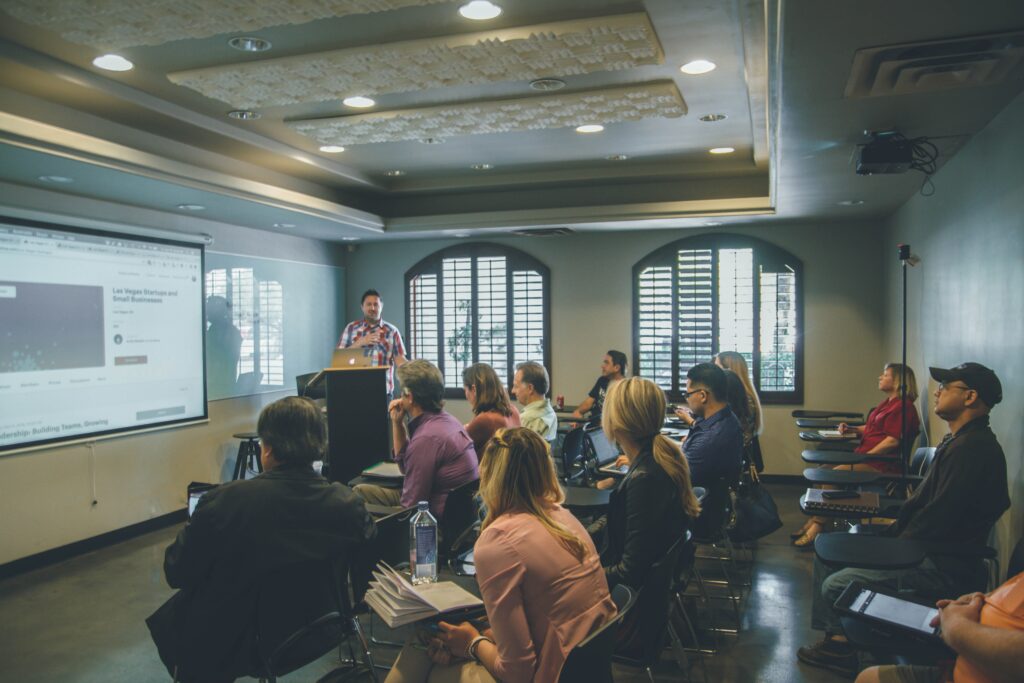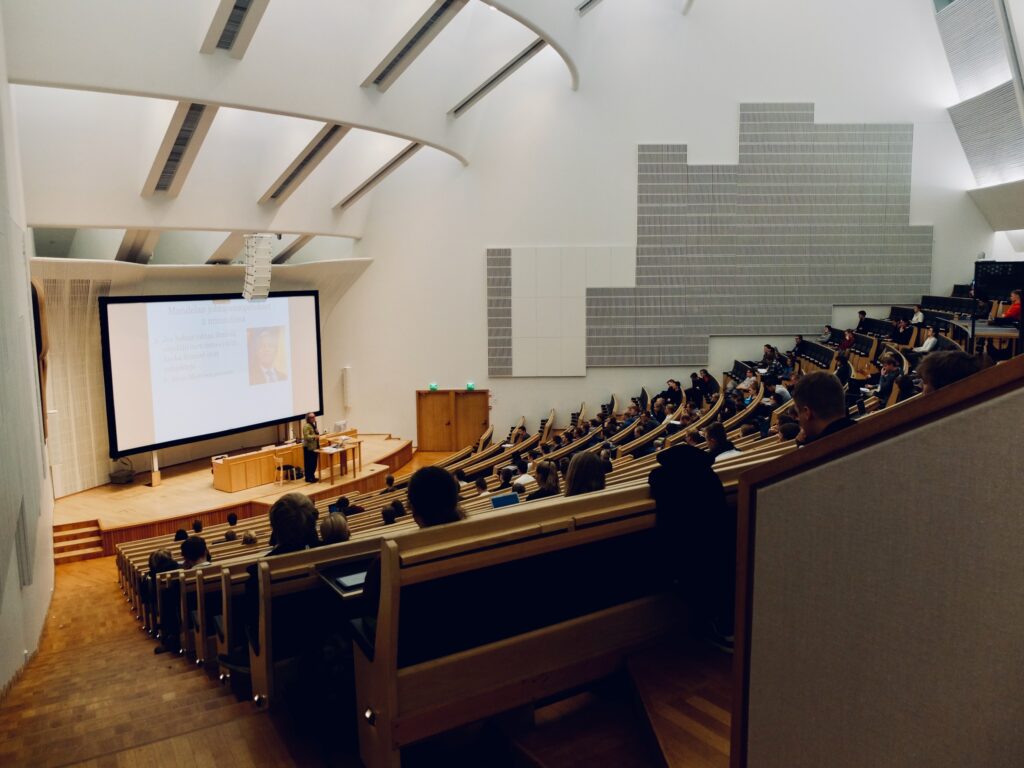Navigating university life often feels like a precarious juggling act. Maintaining excellence across mounting assignments, projects, and exams is challenging enough without personal needs vying fiercely for limited time, energy, and attention. Yet letting relationships, hobbies, health, and general wellbeing fall by the wayside risks poor mental health, plummeting motivation, and subpar academic performance over the long run.
Maintaining a healthy balance between study and personal life at university involves effective time management and prioritisation; for students seeking extra support without compromising personal time, they can end up seeking the help of an essay service with top writers to alleviate academic pressures. Sustaining a rich, fulfilling, and balanced lifestyle alongside studying is integral for successfully embracing everything university has to offer, both within and beyond the lecture hall. Follow these essential tips to equilibrium.
The Perils of Overwork
When deadline pressures mount and assessments pile up, it’s tempting to adopt an unsustainably relentless “all work, no play” attitude, absorbed wholly in studies to the exclusion of all else. Late nights blur into early mornings fuelled by coffee, unhealthy energy drinks, adrenaline, and ambitiously highlighted textbooks. Meals become irregular, exercise infrequent, and friends a distant memory.
In the short term, this tunnel vision approach may deliver the grades, but often at great personal cost. Prolonged overexertion without respite taxes both body and mind exponentially. Symptoms of cumulative stress soon emerge – concentration falters, exhaustion sets in, motivation dwindles, illnesses strike more frequently. A toxic cycle of diminishing returns sets in, where extra hours yield disproportionately small gains.
What began brightly with dedication risks declining into joyless drudgery. Aspirations to understand complex concepts are displaced by mechanically ploughing through readings for assessment sake alone. Opportunity costs accumulate as wellbeing, relationships and personal growth are sacrificed on the altar of academics.
This fate is avoidable with conscious planning. Ringfencing time for recreation, relationships, self-care, restoration and simply breathing amid a crowded schedule sustains energy, drive and enthusiasm for studies long-term. Block off periods for wholly disengaging from university demands – this psychological release keeps motivation fresh rather than stagnating into resentment or apathy.
Achieving a harmonious balance between university studies and personal life requires effective time management and prioritisation; for insights and guidance tailored to your needs, explore CanadianWritings reviews to make informed decisions and optimise your academic and personal pursuits.
Preventing burnout requires deliberately interspersing intensive work sessions with lighter priorities offering joy, laughter, meaning and social connection beyond grades alone. Allowing universities to monopolise identity entirely risks diminishing returns over time as fatigue escalates unchecked.
Be Realistic When Scheduling
Achieving equilibrium around an often overloaded university schedule centres upon ruthless self-honesty concerning actual time availability alongside realistic personal capabilities and limits.
Begin by tracking current routine for a typical week, noting hours devoted to fixed classes, assessments, paid work, commutes and other essential commitments first. Look critically here – are more discretionary activities padding out days than initially assumed? Social media and digital distraction are prime suspects.
Next, factor in adequate regular sleep given its pivotal importance for cognitive sharpness, mood and immunity. Don’t handicap yourself through fatigue-induced brain fog. Build diet around proper meal times, not perpetual snacking. Likewise preserve some space for basic exercise, albeit creatively if schedules are crammed – even regular campus walks or apartment circuits add up.
The remaining hours can now be allocated towards supplementary study, assignments, necessary errands and essential downtime to prevent burnout. Pack days too tightly here and stress inevitably snowballs as deadlines converge amidst inadequate breathing room. Cynicism and disillusionment may follow, sabotaging engagement.

Take an honest inventory of actual personal bandwidth beyond raw ambition. Perfectionist tendencies and peer comparison often drive inflated projections of what is feasible to handle day-to-day. Remember, procrastination frequently flows from feeling overwhelmed by unrealistic standards, not mere laziness. Progress lies in right-sizing daily workloads to avoid paralysis.
Build in buffers expecting the unexpected too– illness or tech failures can readily throw everything off course. Likewise make room for some spontaneous fun when appealing diversions appear. Omission is key – consciously ruling activities out to preserve energy for what matters most academically and personally without overreaching.
Trial schedules patiently across early terms – sustainable balance arises from practice, not perfection. Learn when to push yourself maximally and when holding back pays dividends for motivation. Optimal equilibrium lies somewhere between the extremes of under and overexertion. Locate this sweet spot through mindfulness of your needs.
Master the Art of Balance

Cultivating this optimal equilibrium around managing university studies represents a subtle art form requiring acute self-awareness, organisational finesse and conviction in setting priorities.
Academically, determine when demonstrating absolute peak performance matters most. Refine focus towards selected assignments with the heaviest weighting and troubleshoot where extra support might help master complex concepts. Then designate other less critical assessments as opportunities for conservatively expending enough effort to readily pass without obsession. Scrutinise where marginal extra work yields disproportionately small gains.
Like a long-distance runner, understand when judiciously conserving energy benefits overall performance despite temporarily slowing absolute speed. Recognise when concentration, comprehension or creativity starts sliding – symptoms like frustration, distractibility or staring blankly at text signal time to pause and replenish. Forcing output despite complete mental fatigue risks shallow, opaque writing at best. Instead, consciously shift gears and return rejuvenated after a well-timed break restoring enthusiasm.
Guard against relentless intensity by honing ability to wholly disengage from study and simply exist without temporal burdens. Embrace moments fully rather than perpetually glancing ahead anxiously. Distracting notifications are avoidable – disable needless pings to nurture unfragmented engagement wherever you place attention, be it friends, family, hobbies, exercise or rest.
Moderating intense focus also prevents tunnel vision around assignments from dominating all social interaction. Avoid letting studies crowd out genuine interest in friends’ lives and thoughts by scheduling regular catch-ups free of deadline dialogue. Foster reciprocal sharing beyond surface updates. Deep listening replenishes spirits far more than venting academic anxiety. Companionship offers joys and meaning distinct from scholarly attainment alone.
Set Firm Boundaries Around Study

Beware intensive studying bleeding excessively into evenings, weekends and holidays despite best intentions, consuming all available waking hours. Without clear boundaries, resolutions to sustain balance readily fall prey to creeping mission creep as academia annexes personal life almost unnoticed.
Guard against this incremental encroachment by actively delineating protected time for nurturing broader interests, relationships and simply relaxation amid busy terms. Ringfence hours for seeing friends, creative pursuits, literature, films, enjoyable movement or community service – activities delivering deep fulfilment beyond grading outcomes alone.
Likewise avoid allowing assignments to dominate all casual conversation with others across weeks. Discuss unrelated topics and really listen rather than merely awaiting your turn to vent about deadlines. Psychological escapism matters for preserving multifaceted perspectives and relationships not defined wholly by university.
When deadline spikes disrupt healthy rhythms, reflect honestly on whether relentless intensity still delivers meaningful gains or whether diminishing returns indicate time for a strategic break. Guilt over enjoying downtime rather than studying further is often misplaced – respite replenishes motivation far more effectively than unproductive ruminating. Trust cycles between output and restoration. Each fuels the other over time.
Make Time for Health and Wellbeing
With limited hours in every day, maintaining wellbeing often slides down priority lists, seen as an indulgent distraction rather than critical enabler underpinning functional ability to fulfil academic potential when it matters most. Yet discounted self-care comes at a cumulative cost.
Guard time for basic health-affirming activities buffering stressors that would otherwise thrash productivity – ample sleep, balanced nutrition, hydration, movement or stillness. Energy, immunity and mood reliably nosedive when these foundations waiver. An hour’s relaxed walk or catch-up with close friends can yield exponentially more value sustaining resilience than yet another late-night study session after exhaustion has long set in.
Likewise, don’t underestimate small daily wellbeing habits performed with mindfulness. Pausing to prepare wholesome meals, intentionally moving offline to complete tasks uninterrupted, getting outside more even if just briefly, or scheduling little pick-me-ups to punctuate days delivers compound interest over weeks. Tiny gains accumulate incrementally to help carry bigger burdens later when exams hit.
In Closing
Thriving at university, just like running a marathon, depends on judiciously balancing periods of intense determined effort with phases of slower pacing, tactical restraint and restoration. Moderation sustains the vigour needed to excel at critical times. Isolating academics from the rest of existence is neither desirable nor constructive when burnout, diminished health, strained relationships and dulled perspectives inevitably follow. Inspiration arises through richness of being, not just textbook knowledge.
By honing self-awareness around limitations, realistically scheduling to avoid overexertion, actively delineating personal boundaries, together with small daily wellbeing habits and social connection, equilibrium becomes possible across a crowded university schedule. Have faith that vitality emerges from many integrated sources, with studies but one vibrant strand among many, rather than the sole axis around which all else spins. With wisdom in balance, determination through difficulties, and celebration of life’s colourful diversions along the way, university offers boundless possibilities for growth, both inside and outside lecture halls. This journey unfolds one step at a time.





5 comments
Scheduling helps a lot. You have 24 hours in a day; the average person needs anywhere from 7 to 10 hours to sleep. That leaves you with 14 hours left at minimum, or 17 at most. You probably work 8-hour shifts, which leaves 6 to 9 hours.
Click here : red hat linux certification
Nice Post
Realization of self with respect to academic studies as well as social life at university is an essential requirement for the health of the student. Setting a schedule for the day that incorporates certain hours for studying and other hours for playing video games is also effective in avoiding stress. Technology and specific online resources, such as the cardiff met login that I used to access variations of the gadgets to make navigation more effective and gain more time for leisure and social activities which are also important for students in university.
Balancing study and personal life at university can be challenging but is crucial for overall well-being. Effective time management and setting realistic goals help prevent burnout. Prioritizing sleep, healthy meals, and regular breaks ensures that you stay motivated and productive. It’s important to schedule time for friends and activities outside academics to maintain a well-rounded life. Finding this balance not only improves academic performance but also enhances personal growth.